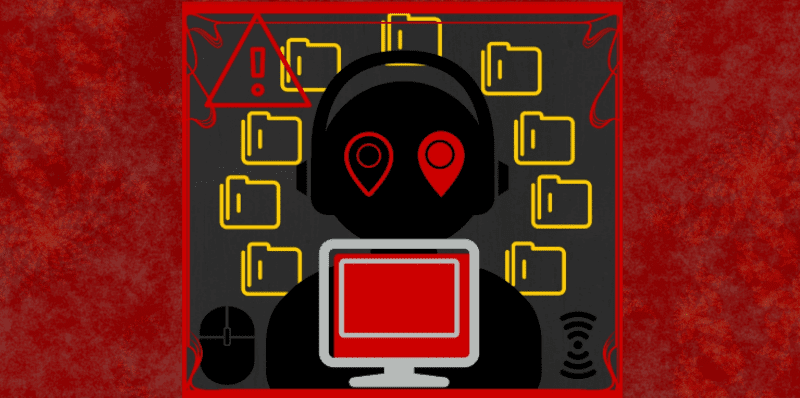Goodbye Gangsters and Muggers, there is a new way to take advantage of innocent people – through technology. Internet criminals are discrete, ruthless, can and will take advantage where there is money to be made.
We’ve all heard of them before, but maybe not so much in detail, so I’ve created a short series pinpointing the different Internet criminals/hackers and malware that could potentially attack you. Today we are going to be focusing on Ransomware.
Ransomware seems to be the newest and most emerging form of malware these days, and how they ‘pull off a heist’ is quite interesting.
There are so many ways for Ransomware to get into your PC or device (phones are now being infected). Some include dodgy links, email attachments, fake anti-virus (or any product), infected websites, pop ups, etc. Once you’re infected, your most valuable files will be encrypted and you’ll have a locked pop-up window telling you to pay a ransom within a certain amount of time or these files will be destroyed or even released into the world depending on the content.
“Ransomware doesn’t just impact home computers. Businesses, financial institutions, government agencies, academic institutions, and other organizations can and have become infected with it as well” –FBI on Ransomware
What’s more unappetizing is that the FBI responded on Ransomware by saying “Just pay up“.
Thanks for the help FBI. Ways of how to protect yourself against these Underground criminals will be mentioned soon.
“Ransomware is that good” stated by FBIs Joseph Bonavolonta “To be honest, we often advise people just to pay the ransom”.
The first recorded version of Ransomware came out in 2013, under the name Cryptolocker. Within a couple of days it hit tens of thousands of PCs.
How do they collect the ransom without being detected? Money is either paid in Bitcoin, or sent through MoneyGram onto untraceable prepaid cards in Eastern European nations.
So, how to protect yourself?
•Use anti-virus software, keep in mind free Anti-virus software often only covers a small portion of your needed protection
•Use a hardware firewall,
•Avoid unknown links and emails
•Enable your pop-up blocker
•Back up your files
•Talk to your IT support
•Disconnect from the internet when you’ve been hit by the Ransomware
Authorities (other than the FBI) recommend not to pay the ransom, as this will just encourage further attacks. Do not let them take advantage of you and ensure you are protected before you are attacked.
Keep an eye out for the next in the series ‘The New Age Criminals’ on Phone Scammers.
Read about our cyber security here


